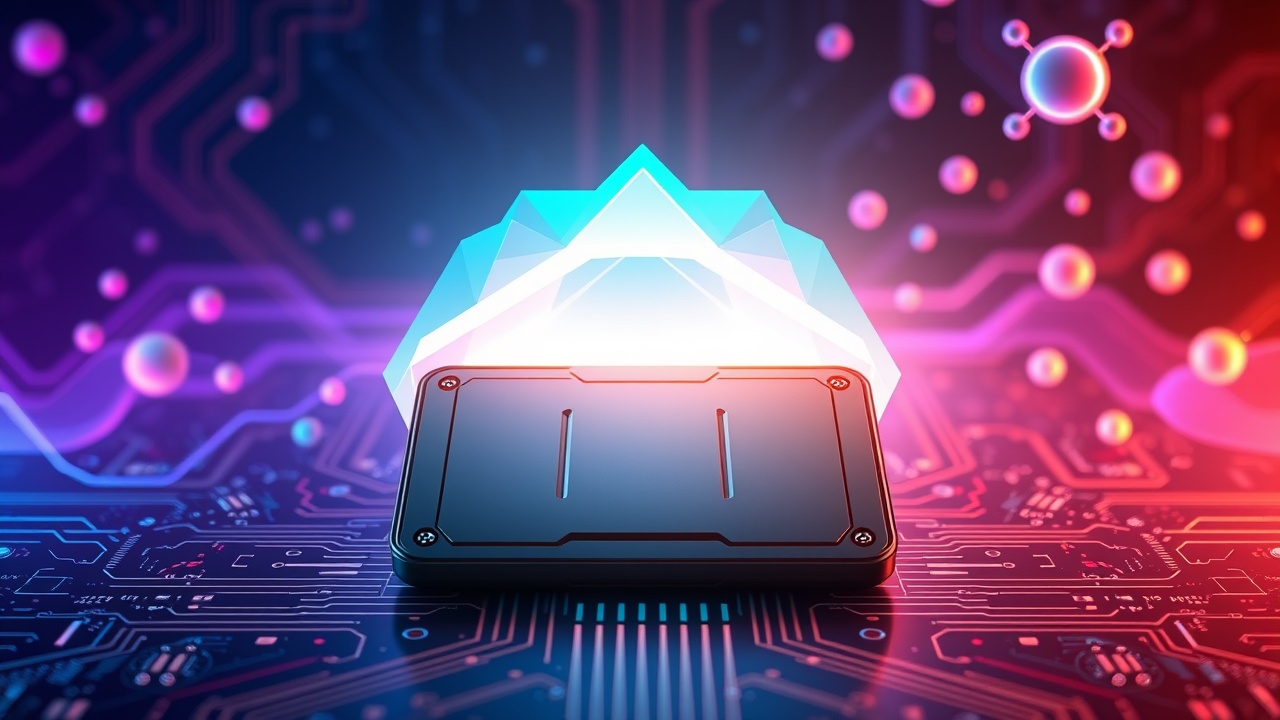Trezor Unveils Safe 7 Hardware Wallet
Trezor has unveiled its latest innovation, the Safe 7 hardware wallet, which boasts groundbreaking features designed to enhance security in the cryptocurrency sphere. This new device integrates two pioneering advancements: a fully auditable transparent secure element and a framework that can withstand the potential threats posed by quantum computing.
Key Features of the Safe 7
Central to the Safe 7’s architecture is TROPIC01, the first of its kind in the market that allows users to evaluate and confirm the security measures employed within the wallet. This move aims to mitigate traditional concerns surrounding the trustworthiness of proprietary hardware without transparent operational insights.
Additionally, the Safe 7’s design is equipped with a quantum-ready capability, proffering assurance that it will accommodate updates for post-quantum security as new technologies emerge. The device’s dual-chip architecture safely segregates private keys and requires users to provide physical confirmation via its 2.5-inch high-resolution touchscreen, adding a layer of safety.
Additional Specifications
This wallet also features Bluetooth Low Energy connectivity, compatibility with wireless Qi2 charging, and a robust aluminum structure fortified with Gorilla Glass, all while maintaining an IP54 rating for dust and splash resistance. It supports various cryptocurrencies for transactions and staking activities, and easily integrates with third-party applications through the Trezor Suite platform. The Safe 7 is currently offered at a price of $249, available in Charcoal Black and a specialized Bitcoin-only edition.
The Importance of Quantum Readiness
As the cryptocurrency landscape grapples with the imminent consequences of quantum computing, Trezor’s launch could not come at a more crucial time. Experts caution that advancements in quantum technology could ultimately compromise existing cryptographic security protocols, posing a significant risk to digital currencies collectively worth billions. David Carvalho, the CEO of Naoris Protocol, highlighted an urgent phenomenon known as “Harvest-Now-Decrypt-Later” attacks, where encrypted data is hoarded by malicious entities, secure in the belief that quantum computers will later allow them to decrypt it.
“Within the next decade, transitioning Bitcoin and other digital currencies to post-quantum encryption will be inevitable. The integration of a quantum-ready bootloader in the Safe 7 is a proactive step in this direction,” noted Trezor’s Chief Technology Officer, Tomáš Sušanka.
This sentiment is echoed in the broader industry, with other firms like Qastle also exploring quantum-resistant technologies as they prepare for future threats.




